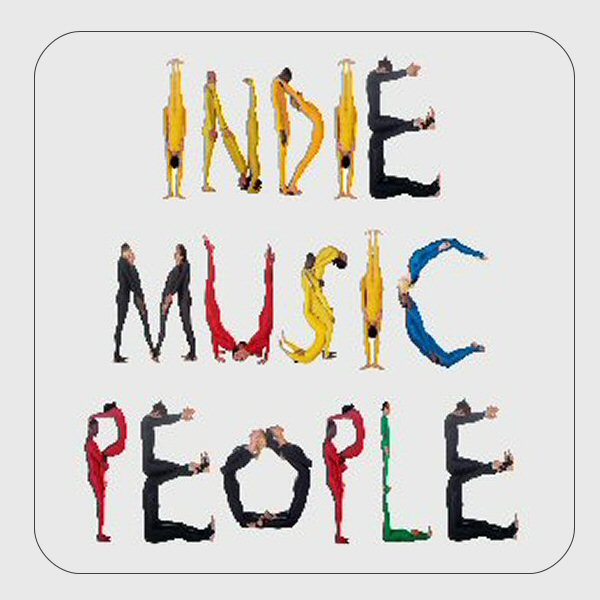
Midnight Skylark
|
4/20/2007 8:29:53 PM
The Bitter Taste of Unforgiving Heartbreak
This has, unavoidably, become one of those amazingly weird weeks where I feel like I’m walking around with two masks on my face. On one side is the mask of a huge frown symbolizing Greek tragedy. On the other side is the mask displaying a large idiotic smile symbolizing comedy.
The mask of comedy is part of the picture because it also represents the thrill that came with receiving notice from Amazon Shorts that my nonfiction story on the Harlem Renaissance in the South had been accepted for publication. Nothing quite makes a writer’s day like receiving notice of forthcoming publication of one’s own work, and contracts for the same. However––
The mask of tragedy forced its way into the picture with the news Monday of the massacre at Virginia Tech. Like September 11, 2001, the sudden horror of the Virginia Tech killings was one that took over all the senses. It made you hear screams, smell blood, feel terror, taste bitter unforgiving heartbreak, and see death. That I was several states away and unaware of any personal connection to anyone at Virginia Tech made no difference.
So there I was: one part of me happily smiling about my writing news while the other was drowning in tears. With the overwhelming presence of war/terrorism, disease, and poverty in the world, such things as faith and joy sometimes seem hopelessly trite or irrelevant. Yet what do we do when the reasons for joy are real enough but unspeakably horrific events snatch the taste for it right out of our mouths?
Perhaps the most crucial, necessary, and humane thing to do is to snatch it right back. Not for the sake of wrapping oneself in a cocoon of indifference while others suffer; but for the sake of preserving our collective souls’ capacity to recognize and celebrate reasons for living over recognizing and choosing reasons for destroying others and ourselves. The failure to recognize what joys we can claim in this world overburdened by pain is what too often leads unbalanced minds, like Cho Seung-Hui’s, to believe more in death than in life.
It’s impossible not to mourn deeply the violent loss of 33 promising lives and the world will surely do so for years to come. But perhaps one of the ways––just one––that we can honor those lives is to live for them some of the joy, hope, and love that they no longer can through their own physical being. And perhaps as we express that joy, hope, and love on their behalf, we will reduce the odds of such tragedies occurring endlessly over and over again.
Midnight Skylark Aberjhani
|

|